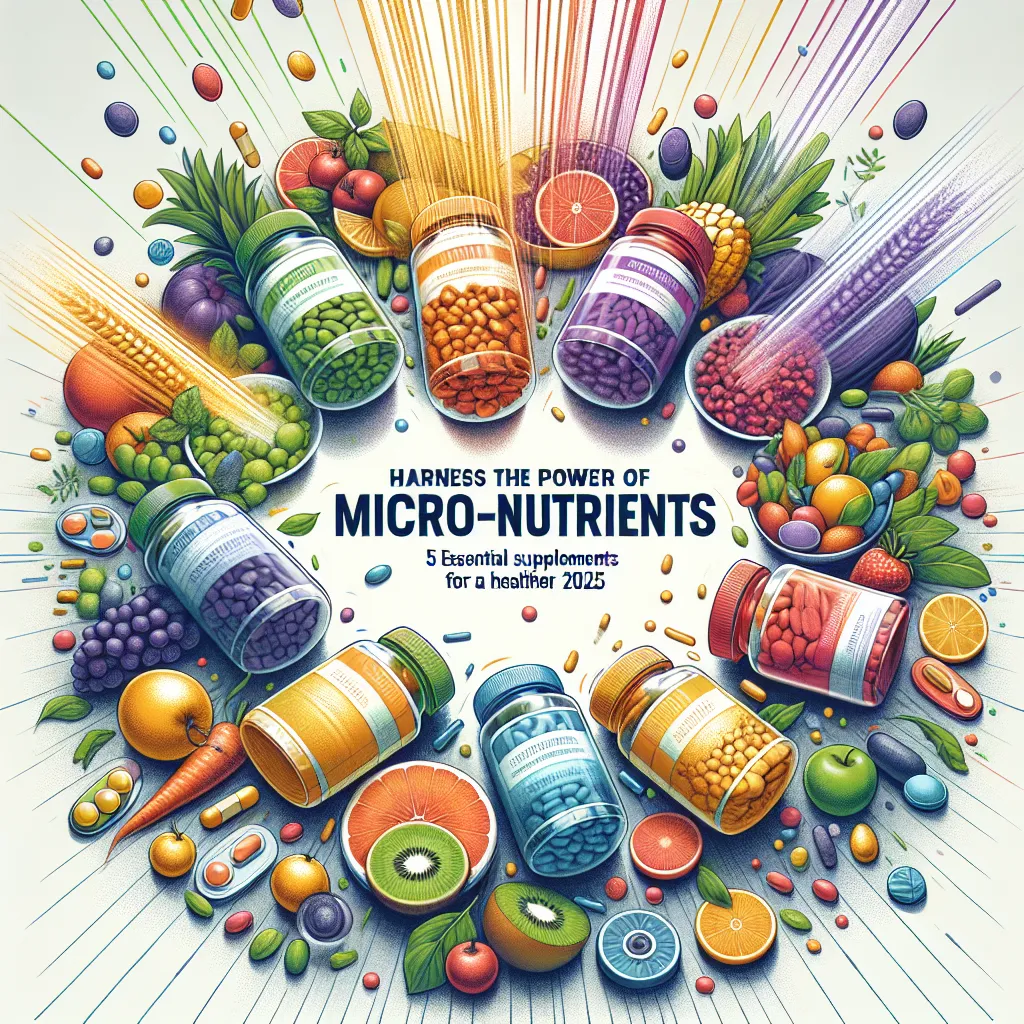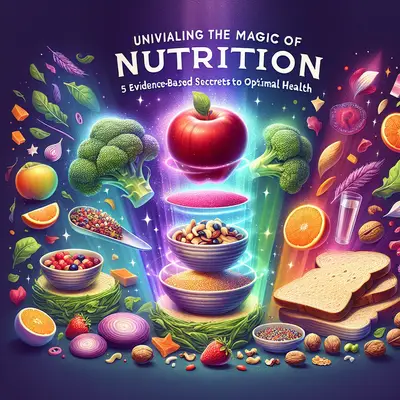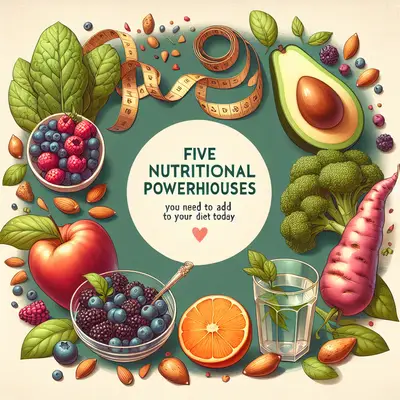Zinc Supplements
Zinc is a crucial micro-nutrient that supports numerous functions in the human body, including immune function, protein synthesis, DNA synthesis, and cell division. A deficiency in this essential nutrient can lead to impaired immune function and even loss of taste or smell. Thankfully, zinc supplements are readily available and can help keep your immune system strong and functioning optimally[^1^].
Vitamin D Supplements
Vitamin D, often referred to as the "sunshine vitamin," plays a vital role in maintaining bone health by aiding in calcium absorption. Despite its importance, vitamin D deficiency is surprisingly common, particularly in regions with less sunlight. Regular supplementation can help maintain optimal vitamin D levels, supporting bone health and potentially guarding against conditions like osteoporosis[^2^].
Iron Supplements
Iron is integral for the production of hemoglobin, a protein that helps red blood cells deliver oxygen throughout the body. Iron deficiency can lead to anemia, characterized by fatigue and weakness. Iron supplements can help combat this deficiency, particularly for those with diets lacking in iron-rich foods or women during menstruation[^3^].
Magnesium Supplements
Magnesium is a powerhouse micro-nutrient involved in over 300 enzymatic reactions in the body, including those responsible for nerve function, DNA synthesis, and glucose metabolism. Despite its importance, many adults do not get enough magnesium in their diets. Supplementation can help fill this nutritional gap, supporting overall health[^4^].
Omega-3 Fatty Acid Supplements
Omega-3 fatty acids, found in fatty fish and flaxseeds, are well-known for their heart-health benefits. However, getting enough through diet alone can be a challenge. Omega-3 supplements provide these essential fats, supporting heart health, reducing inflammation, and even supporting mental health[^5^].
Conclusion
Micro-nutrients may be small in quantity, but they are mighty in their health benefits. By incorporating these five essential supplements into your wellness routine, you can ensure you're getting the vital micro-nutrients your body needs for optimal health in 2025 and beyond.
[^1^]: Prasad, A. S. (2008). Zinc in Human Health: Effect of Zinc on Immune Cells. Molecular Medicine, 14(5-6), 353–357. https://doi.org/10.2119/2008-00033.prasad
[^2^]: Holick, M. F. (2007). Vitamin D Deficiency. New England Journal of Medicine, 357(3), 266–281. https://doi.org/10.1056/nejmra070553
[^3^]: Miller, J. L. (2013). Iron Deficiency Anemia: A Common and Curable Disease. Cold Spring Harbor Perspectives in Medicine, 3(7), a011866. https://doi.org/10.1101/cshperspect.a011866
[^4^]: Swaminathan, R. (2003). Magnesium Metabolism and its Disorders. The Clinical Biochemist Reviews, 24(2), 47–66. https://www.ncbi.nlm.nih.gov/pmc/articles/PMC1855626/
[^5^]: Swanson, D., Block, R., & Mousa, S. A. (2012). Omega-3 Fatty Acids EPA and DHA: Health Benefits Throughout Life. Advances in Nutrition, 3(1), 1–7. https://doi.org/10.3945/an.111.000893



